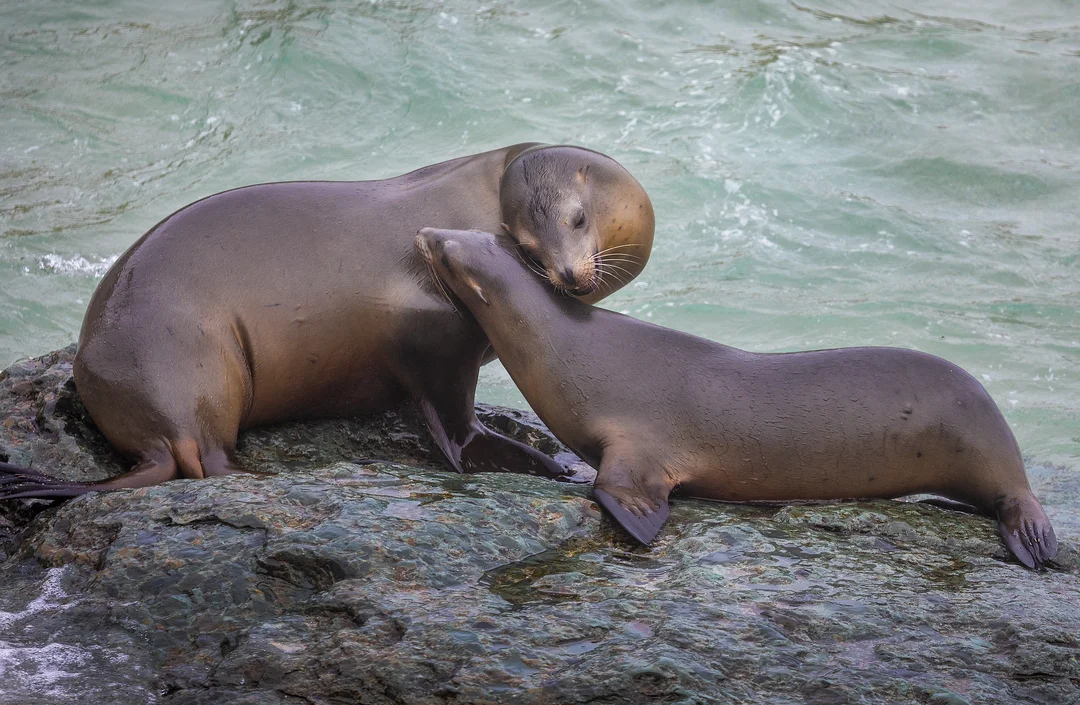
Marine Mammals in California Fall Ill Due to Toxic Algae
In a concerning environmental development, marine mammals along the coast of California are falling ill due to exposure to toxic algae blooms. This alarming situation has been reported by NewsNation, highlighting the severe impact of these blooms on the marine ecosystem.
The primary culprit behind the sickness of these marine animals is a neurotoxin known as domoic acid, which is produced by certain species of algae. When marine mammals, such as sea lions and dolphins, consume fish contaminated with this toxin, it can lead to severe neurological symptoms, including seizures and disorientation.
Researchers and wildlife experts are currently monitoring the situation closely, with rehabilitation centers like the Marine Mammal Center in Sausalito reporting an influx of affected animals. The center's staff is working tirelessly to treat the sick animals, but the scale of the issue presents significant challenges.
This environmental crisis underscores the broader impact of climate change and human activities on marine ecosystems. Warmer water temperatures and nutrient pollution can exacerbate the growth of harmful algal blooms, threatening not only marine life but also the broader food chain, including humans who consume seafood.
Authorities and environmental organizations are calling for increased monitoring and research to better understand and mitigate the effects of these toxic blooms. Public awareness and action are crucial to safeguarding the health of marine ecosystems and preventing future outbreaks.